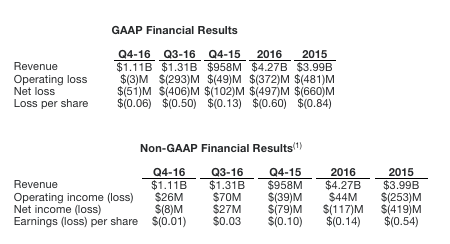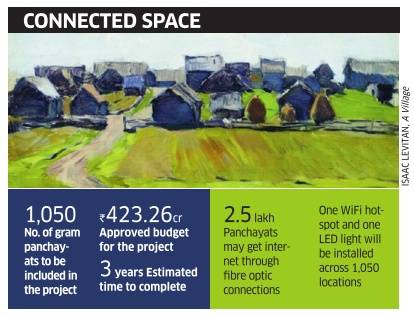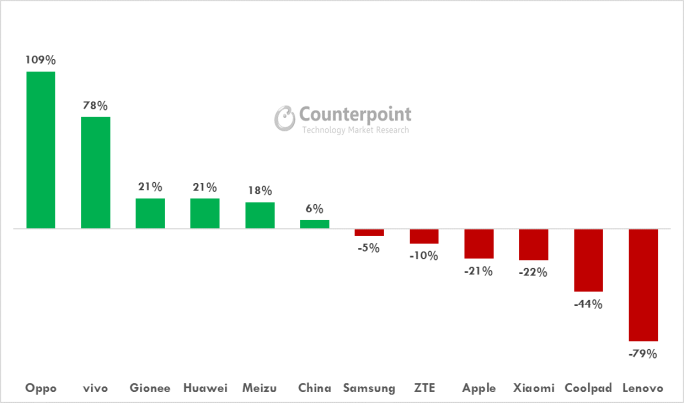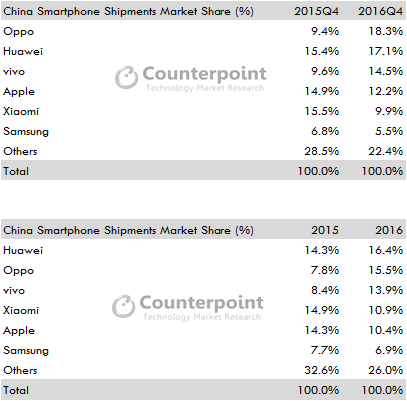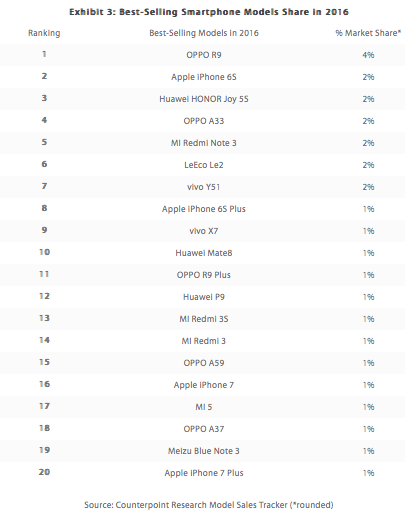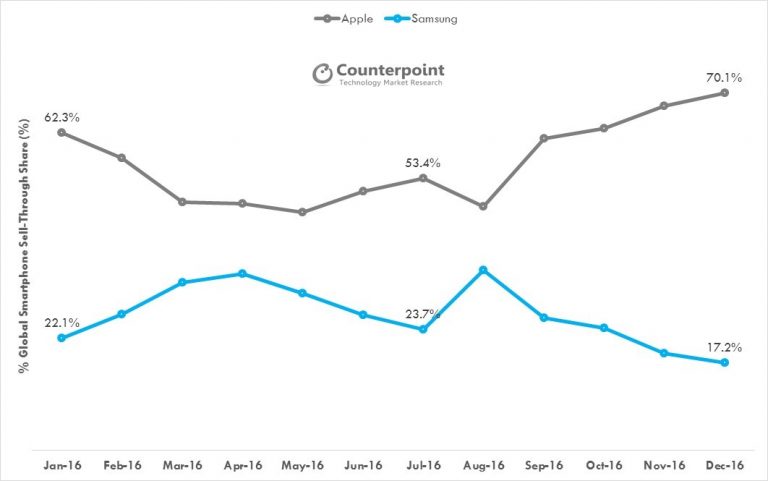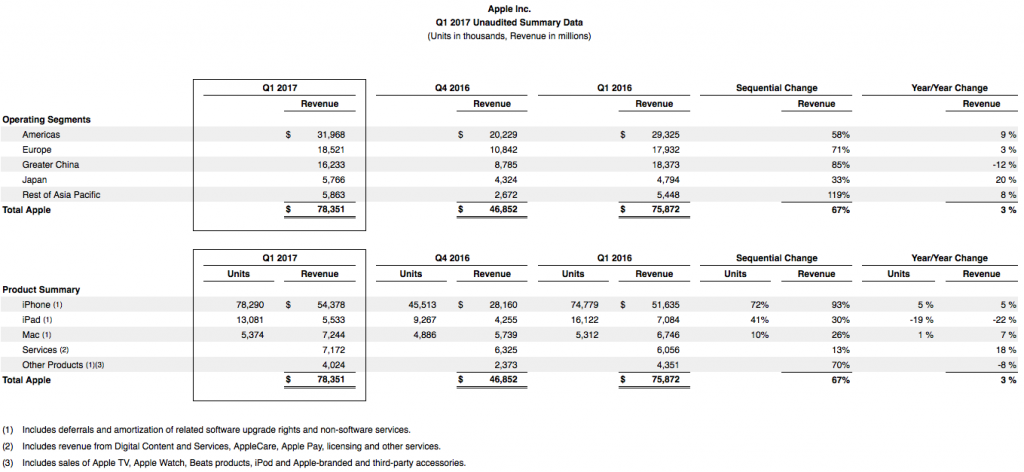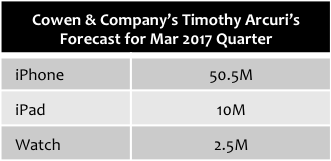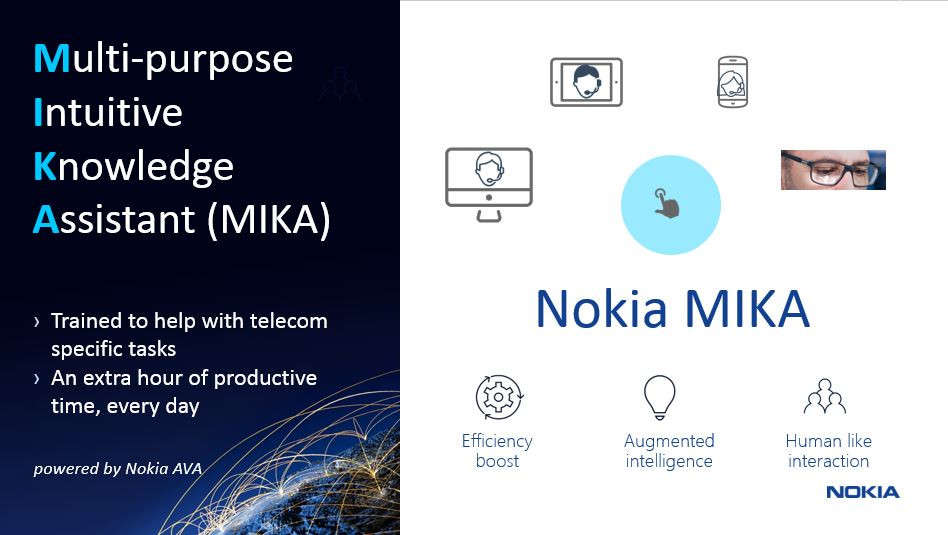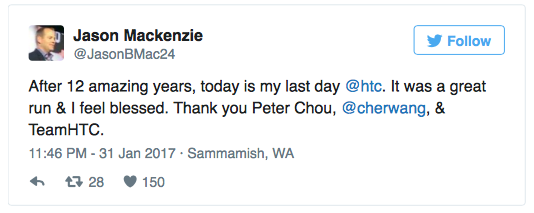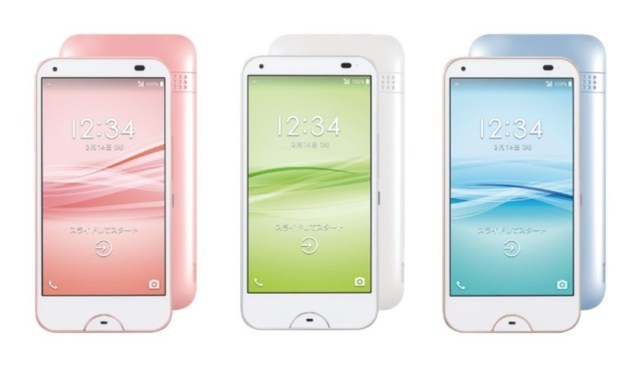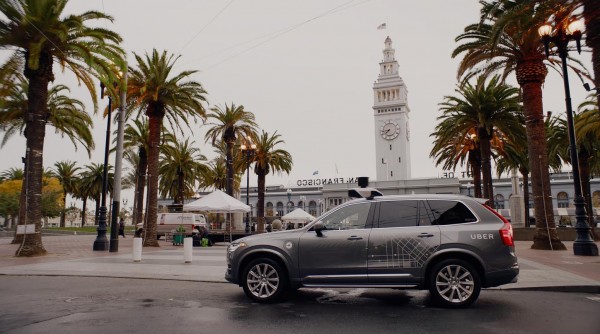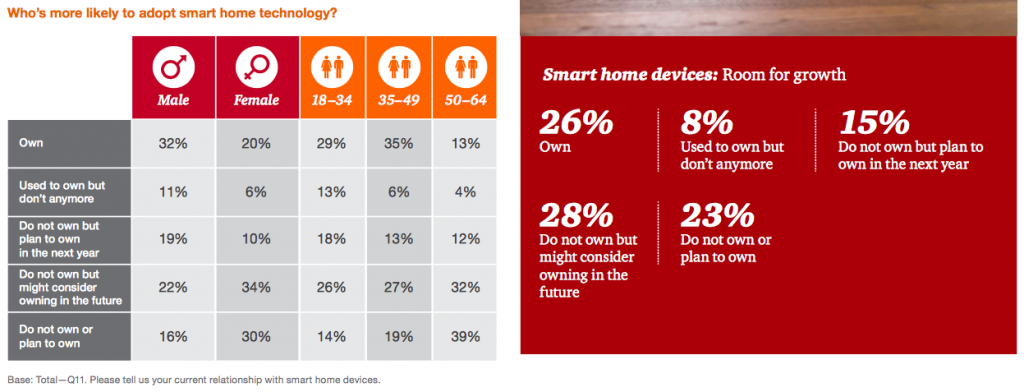
02-01 Happy CNY: Intel will establish a 7nm pilot plant in 2017; GM and Honda plan to invest USD85M to build hydrogen fuel cell stacks for next-generation green vehicles; etc.
Chipsets
Intel will establish a 7nm pilot plant in 2017 as it tries to keep Moore’s Law alive. Intel has not said when it’ll start shipping 7nm chips in volume, but it won’t be in the next 2~3 years. “The pilot line is about figuring out how to make billions of chips,” said Dean McCarron, principal analyst Mercury Research. (CN Beta, Computer World, My Drivers, PC World)
AMD announced revenue for 4Q16 of USD1.11B, was up 15% year-over-year, primarily due to higher GPU sales. Revenue was down 15% sequentially, primarily driven by seasonally lower sales of semi-custom SoCs; operating loss of USD3M and net loss of USD51M. (CN Beta, ZDNet, Yahoo, Seeking Alpha, Tech Report)
Lisa Su, CEO of Advanced Micro Devices (AMD), said that AMD is on track to ship its Zen processors and Vega graphics chips on time in 2017. (VentureBeat, PC World)
Battery
General Motors (GM) and Honda plan to invest USD85M to build hydrogen fuel cell stacks for next-generation green vehicles at a factory in Michigan. The joint venture, Fuel Cell System Manufacturing will begin producing the fuel cell systems around 2020 at GM’s Brownstown Township, MI. (Engadget, Auto Week, GM, TechNews)
Connectivity
Dubbed Digital Village, the Indian government has earmarked INR423 crores (USD62M) for the initial phase of the project, which will be carried out over the next 6 months. It is to boost internet usage in rural areas. In 2011, the government introduced a 5-year plan to roll out fiber optic cable to over 250,000 villages with the National Optic Fibre Network project, providing broadband access to millions of people. However, at the end of 2016, the government was able to connect just over 60K villages. (Android Central, Economic Times)
Smartphones
According Counterpoint Research, the demand for smartphones in China remained healthy during 4Q16 as the smartphone shipments were up 12% annually and 9% sequentially driving the full year growth and record volumes. (Counterpoint, press)
Apple iPhone 6s sold 12M units in 2016 or around 2% of all phones sold in China, behind the OPPO R9, which sold close to 17M units, capturing 4% market share, according to Counterpoint Research. (Counterpoint, press, Ubergizmo, CNBC, Sina)
According to Counterpoint’s December 2016 report, the smartphone sell-through volumes crossed a record 150M units globally in Dec 2016 and 1.5B units for the full year 2016. Apple’s share of the USD400+ segment crossed the 70% mark in Dec 2016 from a low point of 47% in May 2016. (Counterpoint, press)
Apple disclosed that it produced a USD17.8B profit, on USD78.35B in sales in the 1Q17 fiscal year, which ended on 31 Dec 2016. iPhone unit sales 78.29M, which is up 5% YoY. That translates to USD54.37B in sales for the iPhone. The average selling price (ASP) of the iPhone was a record-high USD695, pointing to the popularity of the iPhone 7 Plus. Apple sold 13.08M iPads, which is down 19% YoY. (VentureBeat, VentureBeat, SEC, Wall Street CN)
Apple’s widely-rumored decision to equip a 10th-anniversary iPhone with OLED could add approximately USD50M to incremental costs in the Mar 2017 quarter, eating slightly into profit margins, according to Cowen & Company’s Timothy Arcuri. Gross margin will likely remain flat quarter-to-quarter at 38.8%. (CN Beta, Apple Insider)
Apple is joining the Partnership on AI, a group that aims to create best practices for artificial intelligence, keep an open dialogue with experts, and ponder how society and business can benefit. Founding members of the Partnership on AI include Amazon, DeepMind, Google, Facebook, IBM, Microsoft, and OpenAI, as well as nonprofit groups such as the ACLU of Massachusetts. (Apple Insider, ZDNet, Forbes, Baijia)
Nokia has created a customized digital assistant ‘MIKA’ – powered by the Nokia AVA cognitive services platform and underpinned by Nokia’s services expertise, which will provide voice-dictated automated assistance to telecom operators. (Engadget, Nokia, Feng, Sina, Android Headlines)
Razer, the gaming laptop and peripheral company, has acquired smartphone-maker Nextbit, which was founded by former members of Google’s Android team and a former head of design at HTC. (Android Headlines, Engadget, Nextbit, The Verge, Leiphone, My Drivers)
HTC executive VP Jason Mackenzie departs the company after 12 years. (Android Authority, Digital Trends, Phone Arena)
“Washable” smartphone Kyocera Rafre is announced – 5” HD TFT LCD display, 13MP PDAF + 5MP cameras, 2GB RAM, 16GB storage, Android 7.0, Shock-Procedure IV / IPX5, IPX8 / IP5X, 3000mAh battery. (GizChina, Kyocera, Mashable)
Wearables
Fitbit will cut approximately 6% of its global workforce, or around 110 employees, which should reduce costs by about USD200M. (Android Authority, Fitbit, 163, Android Central, TechNews, iFanr)
Internet of Things
Daimler, the maker of luxury Mercedes-Benz autos and commercial trucks, will supply self-driving vehicles for use on Uber’s network as the ride-hailing company works to open its platform to automakers. (CN Beta, Forbes, CNBC, CNET)
A new survey found that 81% of consumers are aware of smart homes, but only 26% want one at the moment, according to a report by accounting firm PricewaterhouseCoopers (PwC). PwC interviewed more than 1,000 consumers via an online survey. (PwC, report)
